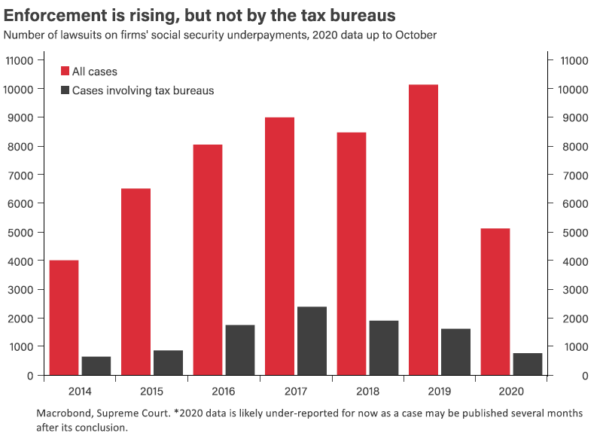
Tax bureaus are now responsible for collecting firms’ social security payments in all provinces, though most of them do not yet verify the payments’ accuracy

Tax bureaus are now responsible for collecting firms’ social security payments in all provinces, though most of them do not yet verify the payments’ accuracy
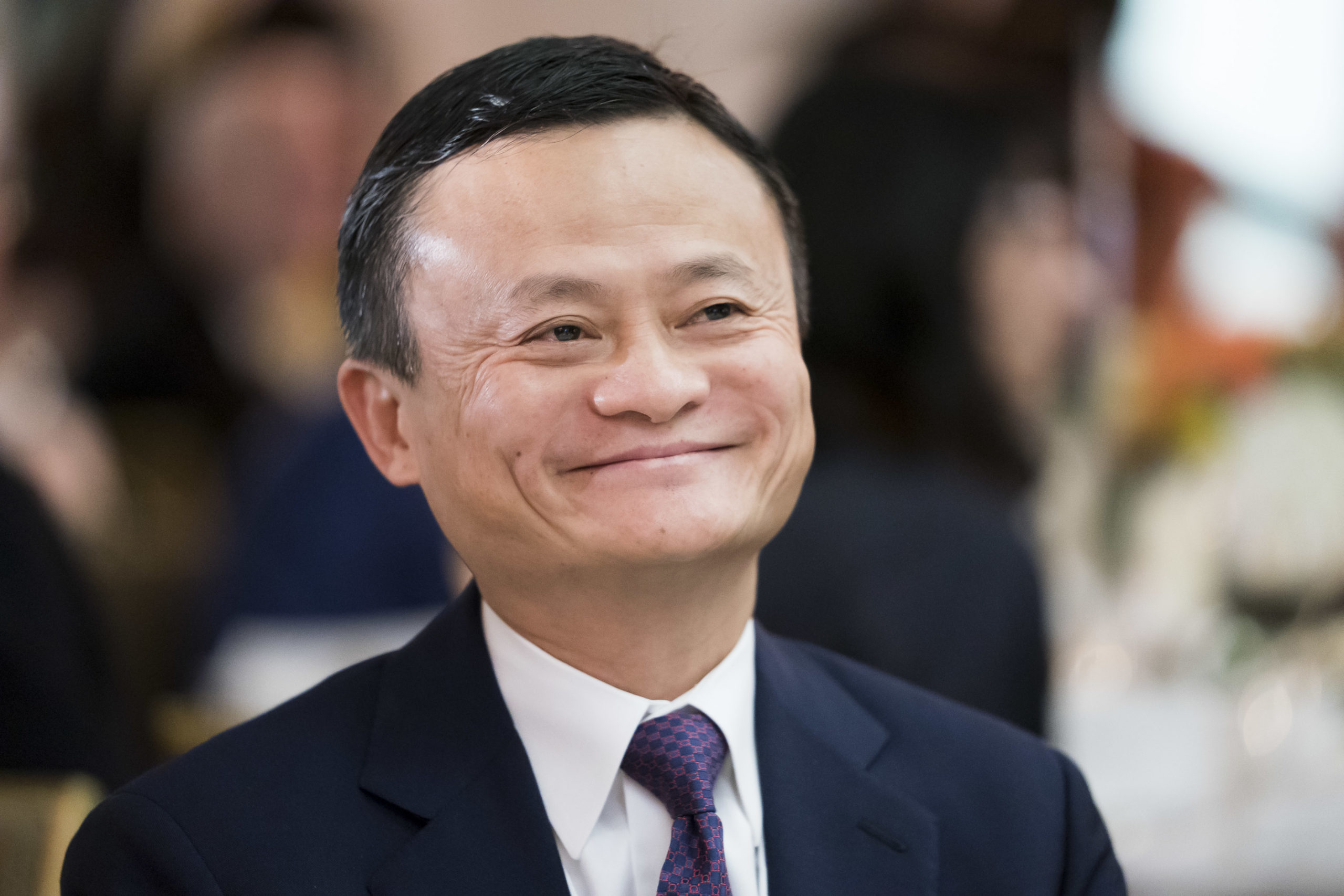
A new regulation on online microlending will force Ant and other microlenders to reduce leverage ratios, but they still enjoy less regulatory oversight than banks
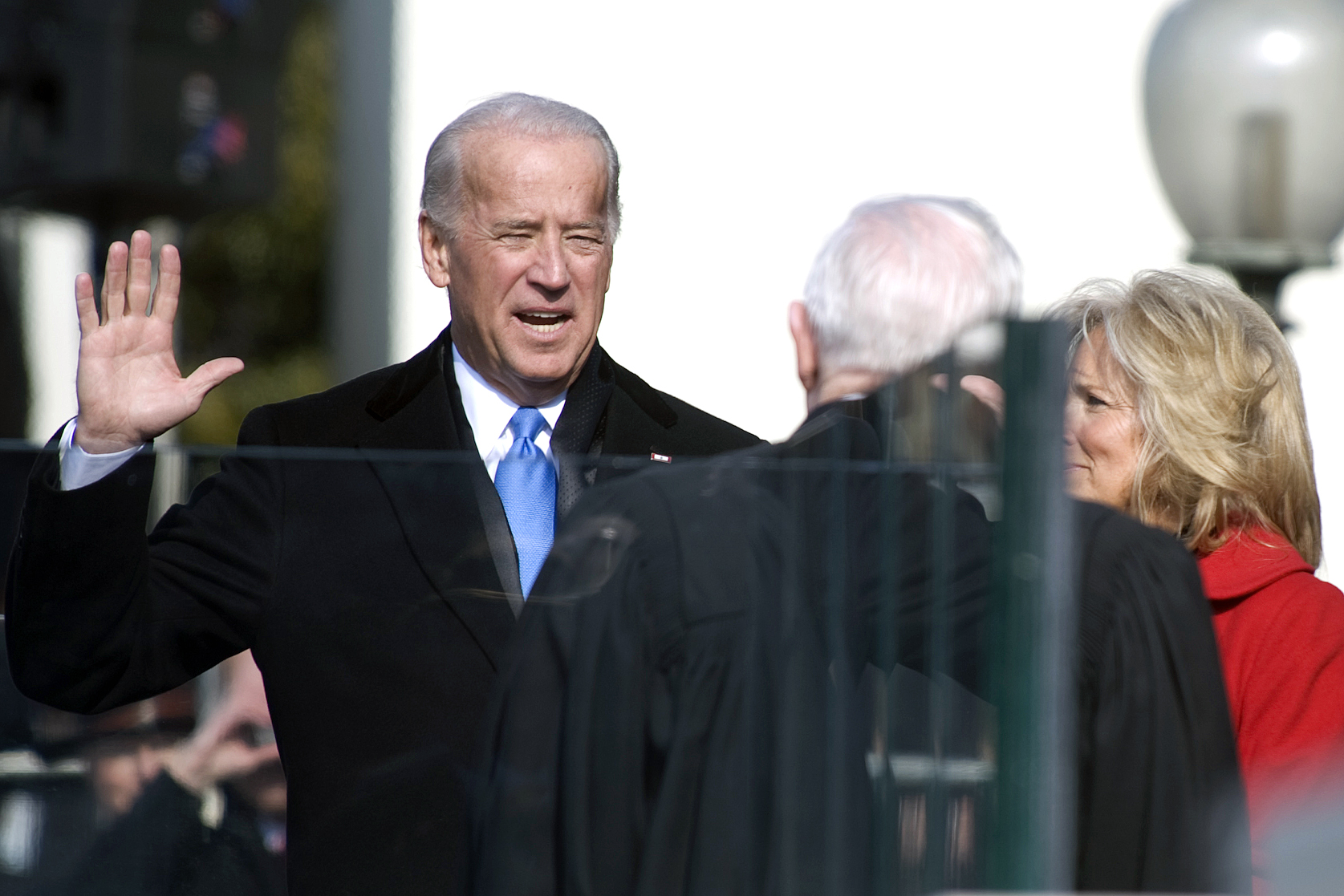
A Biden presidency and a Republican-majority Senate may be the best-case scenario for US-China relations and Chinese assets.
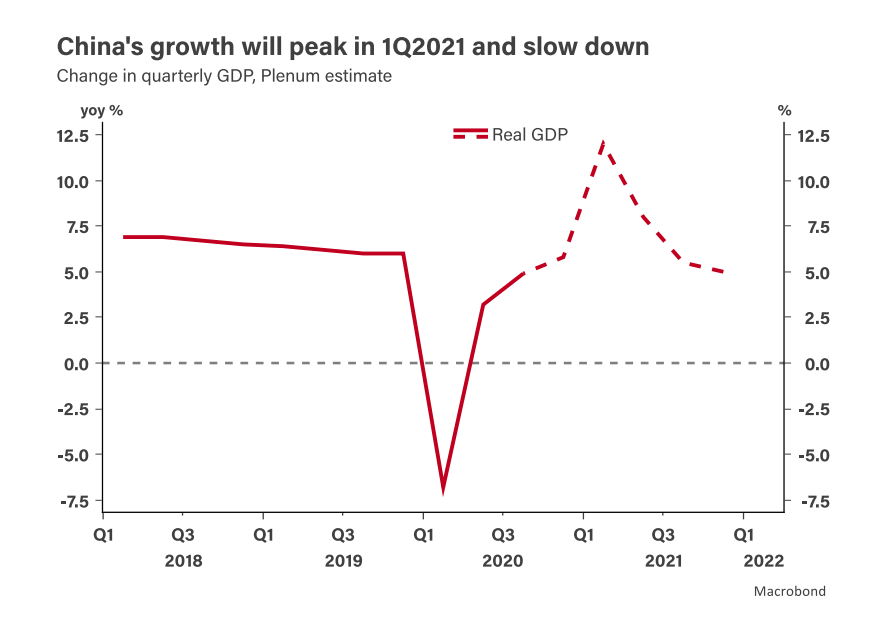
For Q3, we think that the recovery momentum will still carry on for a few more months.
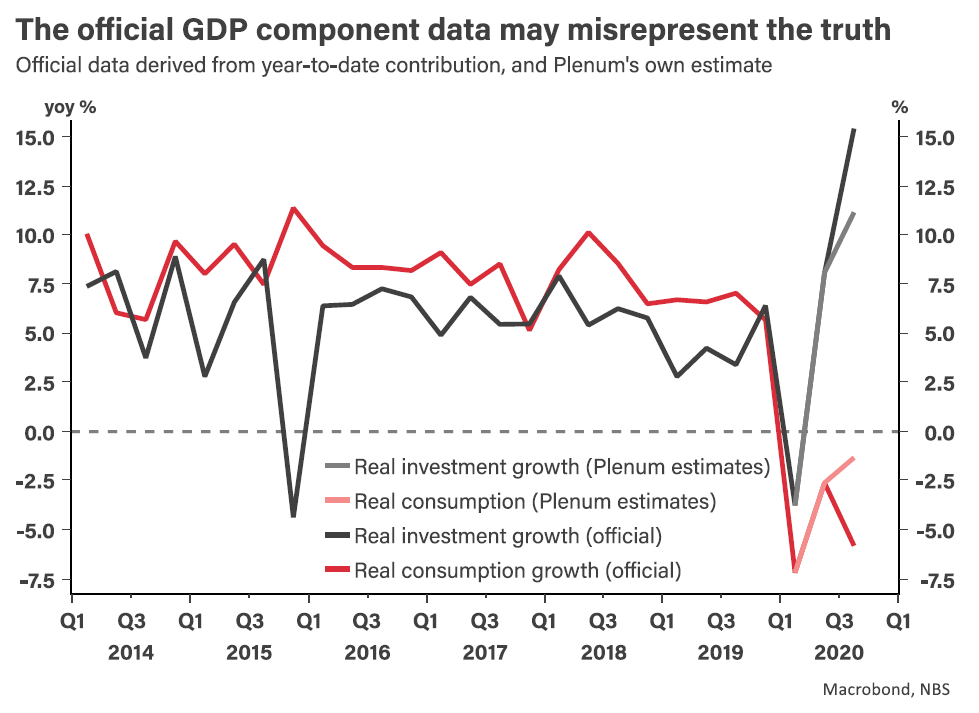
Both production and consumption are continuing to recover, and cyclical momentum will last into Q1 2021.
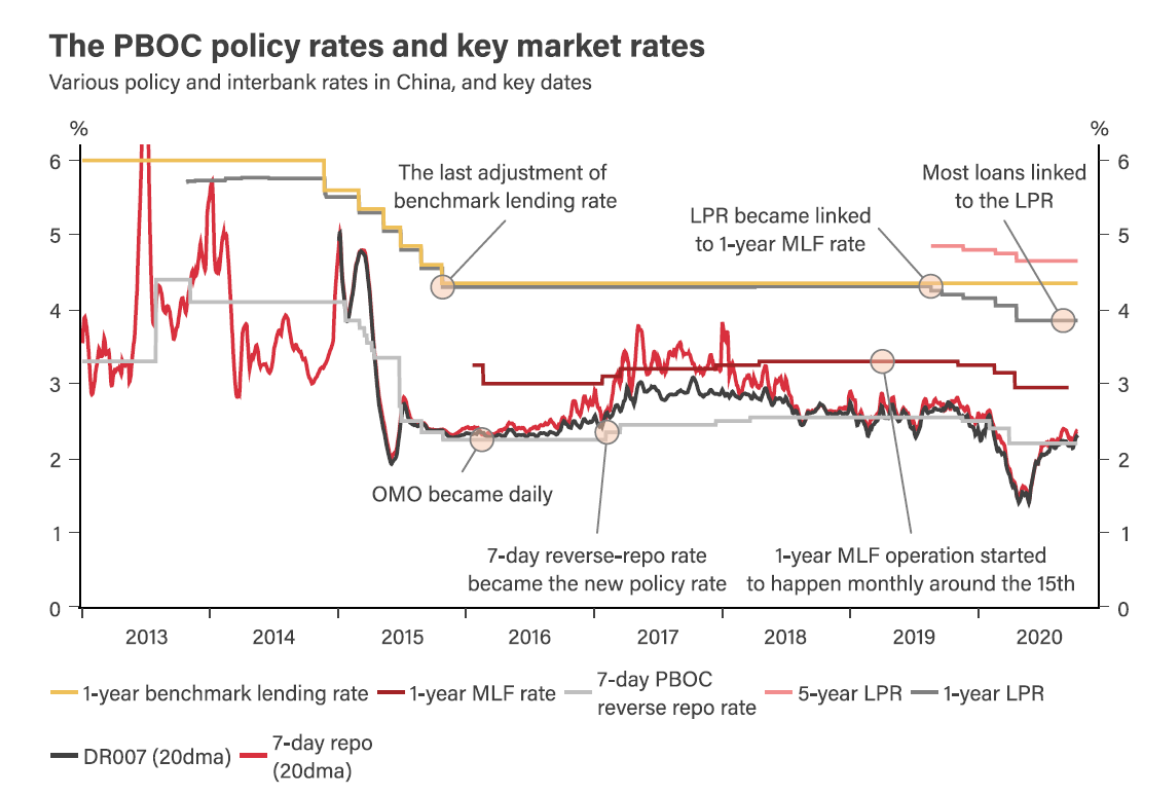
PBOC effectively took the authority to set policy rates back from the State Council.
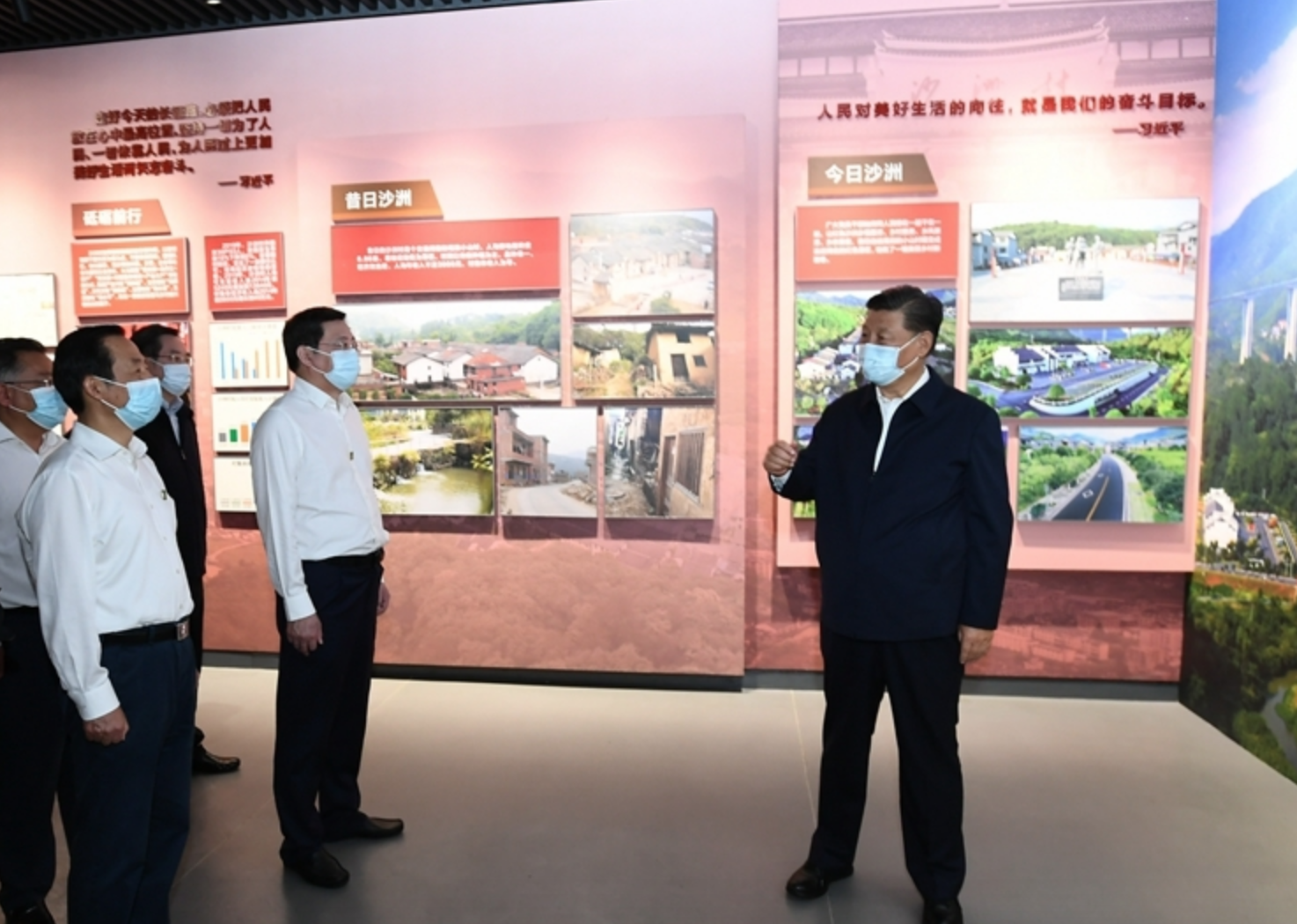
The Plan will double down on industrial policy and indigenous development of key strategic sectors.

Recent Chinese military drills have led many to worry that an armed conflict in the Taiwan Strait may be looming